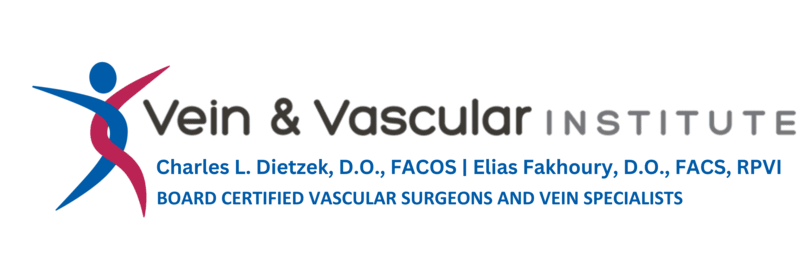You may have heard that women are more likely to get varicose veins, while men don’t see this problem as often. That’s true, but not everyone understands why this is the case. The main reason is hormones, and women have more fluctuation of these as they age.
Carrying children and giving birth can also add to the normal fluctuations, increasing the chances for problems. Hormones and varicose veins are often linked, but good treatment options are available to help reduce venous issues.
Here’s what you need to know about hormones and varicose veins.
Table of Contents
ToggleEstrogen and Progesterone are Important
Women’s health is partially affected by the hormones estrogen and progesterone. These hormones are responsible for monthly menstrual cycles, and help women carry pregnancies to term. They’re important for protecting women from higher risks of breast cancer, heart disease, and osteoporosis, among other conditions. But the fluctuations in them on a monthly basis, and larger fluctuations as women get closer to menopause, can lead to an increased risk for varicose veins, especially in the legs.
The Vascular System is Affected by Hormones
Too much estrogen can weaken veins and also cause them to become more obvious, while an increase in progesterone can affect the valves within the veins that control the direction of blood flow. Veins are a “one-way street” for blood, and when the valves don’t close properly they allow blood to pool in the area around the valve. That can cause the bulging that’s commonly seen with this condition. Because hormones and varicose veins are so closely linked, women will want to watch for this condition as they age.
Pregnancy and Menopause are Vulnerable Times
Two of the most vulnerable times for women to experience issues with hormones and varicose veins are during pregnancy and in menopause. There are more hormonal fluctuations during this time, and that can lead to imbalances between estrogen and progesterone. While a brief imbalance won’t cause a woman to suddenly develop varicose vein problems, the fluctuations can be enough to get issues with the veins started.
The changes in hormones that come with menopause are a big part of the reason why many people think that older women are the only ones who develop varicose veins. But this is not a disease of the elderly. People of any age can develop venous insufficiency, and young, pregnant women are at risk of it in the same way as older women. Understanding the link between hormones and varicose veins can help women of every age take steps to protect their vein health.
Men are Not Immune to Varicose Veins
While women are certainly more vulnerable to the tie-in between hormones and varicose veins, they aren’t the only ones who are at risk. Men can also develop varicose veins due to hormonal changes. Especially as men age, the lower testosterone levels they experience can make estrogen and progesterone more dominant in their systems.
That can lead to the development of varicose veins, especially if they have other risk factors or a job where they stand most of the time. Both men and women should be mindful of taking good care of their veins and vascular system, to reduce their chances of varicose veins and other issues.
Contact Us Today, at Vein & Vascular Institute
When you’re ready to schedule a consultation, call us at 856-309-8346. At the Vein & Vascular Institute, we want to make sure you’re getting the care and support you need for any venous disorders causing you concern. We can help with varicose veins, deep vein thrombosis, and other problems in the circulatory system. Feel free to reach out today, and we look forward to helping you get and stay healthy for the long term.
